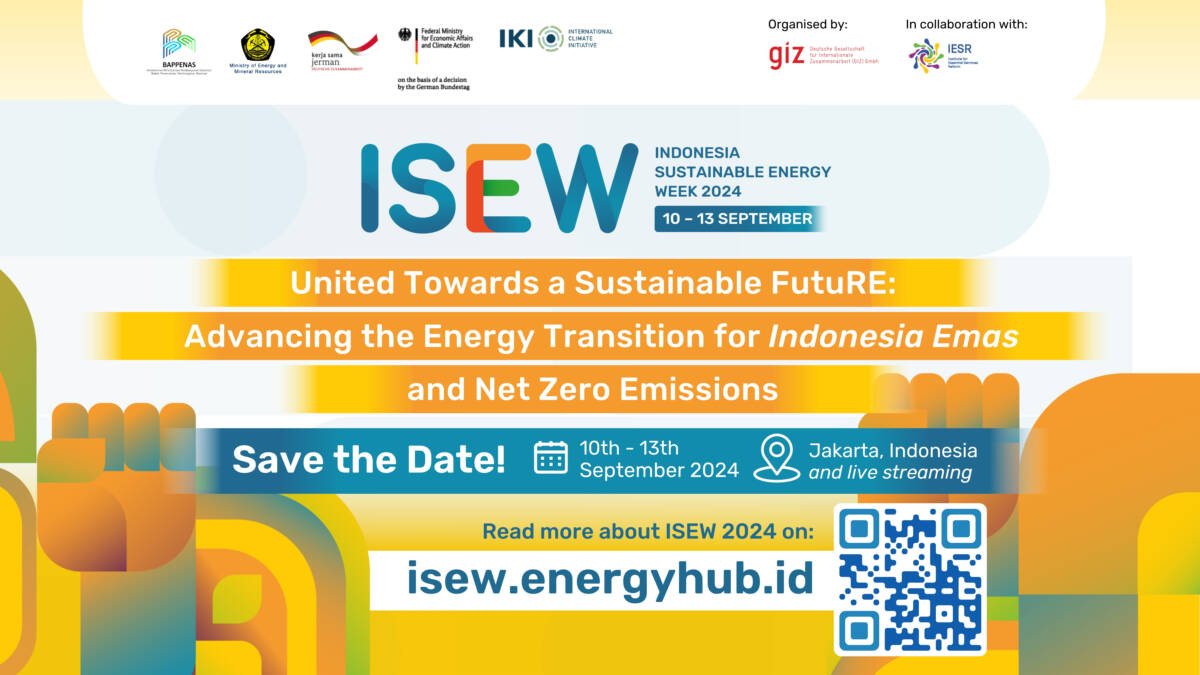
Southeast Asia is the fastest growing economic region in the world. In line with economic development, the demand for energy is high. By 2040, energy demand is predicted to increase by 70 percent. Accelerating the energy transition towards clean, reliable and affordable energy development must start now. Since 2016, in its Nationally Determined Contribution (NDC), Indonesia has pledged in the Paris Agreement to reduce greenhouse gas (GHG) emissions by 29% (with its own efforts) and by 41% (with international support) by 2030. However, according to Climate Action Tracker (CAT) analysis, Indonesia’s current NDC target is highly insufficient to prevent the average global temperature from rising below 2°C.


Clean, Affordable and Secure Energy for South East Asia (CASE) is a regional program organized and funded by the German Federal Ministry for the Environment, Nature Conservation, and Nuclear Safety (BMU). The program aims to promote energy transition, especially in the power sector, in the Southeast Asia region that can enhance efforts to address climate change with a focus on four main countries in Southeast Asia; Indonesia, the Philippines, Thailand and Vietnam.
In Indonesia, the CASE program is run by GIZ Indonesia together with the Institute for Essential Service Reform (IESR) and the Ministry of National Development Planning (PPN)/Bappenas. The Ministry of PPN/Bappenas is a political partner in the CASE Indonesia Program, serving as the implementing agency on behalf of the Government of the Republic of Indonesia.
Furthermore, the Directorate of Electricity, Telecommunication and Information of the Ministry of PPN/Bappenas will manage and coordinate the CASE program in Indonesia. In addition, CASE Indonesia Program will also receive support from international consortium partners consisting of Agora Energiewende and NewClimate Institute.